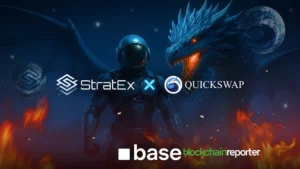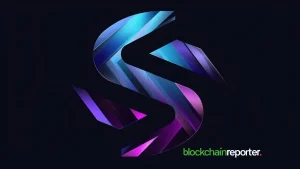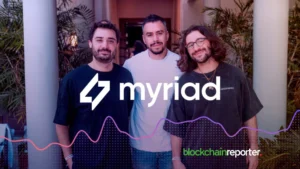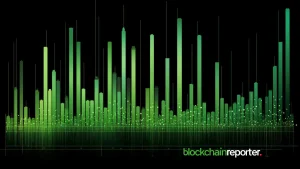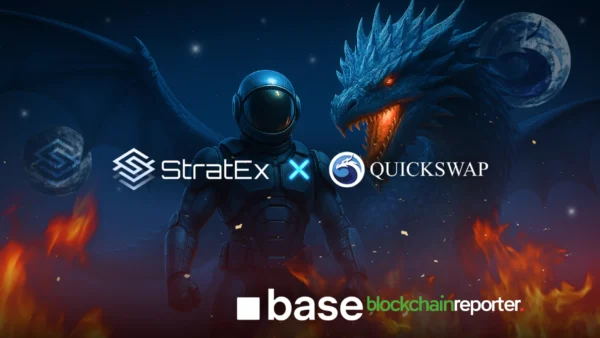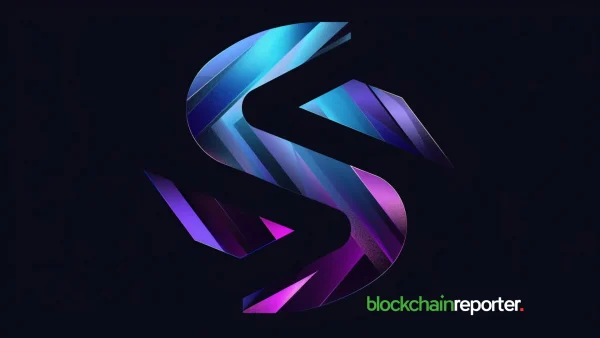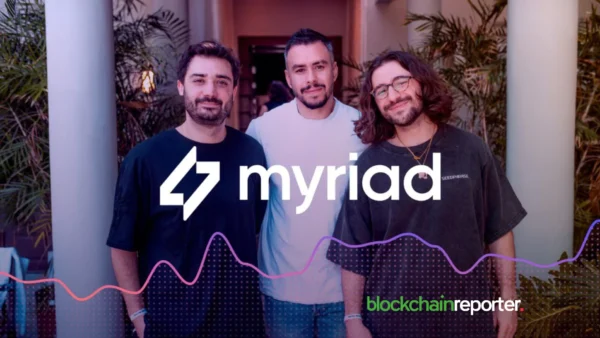
Peer-to-peer funding platform Fundrs was introduced by AllianceBlock in August on the Avalanche and Ethereum Mainnet networks. Having started its mission in 2019, this launch was a significant turning point for AllianceBlock, realizing the dream of a participatory funding platform based on credibility and competence. With the completion of today’s official listing of the DUA token, the Fundrs platform is officially brought to life.
AllianceBlock spent years developing Fundrs, starting with a concept of a fully-decentralized peer-to-peer funding network in 2018 based on reputation and excellence that would allow a decentralized participatory market. Fundrs employs decentralized infrastructure to enable conventional startups and blockchain-based initiatives, referred to as “Seekers,” to accumulate capital from the platform’s participants as well as give them access to later-stage funding options like convertible loans, peer-to-peer lending, and much more.
The Dua Foundation is the first project to officially list on Fundrs. The utility token known as DUA will be used to support the new economic system that will be centered around geographically scattered communities. Dua Foundation is a non-profit organization established in the Netherlands that promotes, grows, and develops worldwide fragmented communities. Co-founders of AllianceBlock Rachid Ajaja (CEO) and Matthijs De Vries (CTO), former executives of SEBA Crypto AG and IBM Christen Oesterbye, the founder and CEO of dua AG Valon Asani, and businesswoman and expert in DeFi Dite Gashi serve as the company’s strategic and blockchain advisers.
An Innovation For The Matchmaking Industry
Dua AG, a firm based in Switzerland, has announced its plans to tokenize its more than 5 million members using cryptocurrencies and decentralized technology after successfully receiving $4 million in a Series A round of funding. Dua Foundation is a partner of Dua AG, and it has just issued a whitepaper explaining ambitions to introduce geographically scattered populations to the DUA token and Web3 via the dua.com and spotted.de applications.
The DUA utility token will serve as the driving force behind an ecosystem of apps (dua.com and spotted.de) that are geared toward bringing together individuals who are looking for partnerships on the basis of shared characteristics such as values, education, religion, origin, and language. End users are able to engage in and benefit from a more equitable economy thanks to the tokenized experience, which generates a reward system based on in-app behaviors and user reputation. Additionally, the DUA token can be used to buy in-app subscriptions, and companies will be able to use it to advertise their products and services to the user base of the Dua app.
Ardit Trikshiqi, Chief Payments Officer at dua.com, said, “The launch of the DUA token is an innovation for the matchmaking industry. DUA will enable 5 million users of dua.com and spotted.de to engage in a participative virtual economy that offers a wide range of services and is growing exponentially every day and millions of individuals and businesses, part of globally fragmented communities that are not being supported by traditional financial providers such as banks or money transfer operators.”
Creating A Truly Decentralized Participatory Economy
The DUA-powered ecosystem will provide communities that are unable to access traditional financial services with an easy method to access and engage in DeFi services directly within the apps. A built-in wallet will make it possible for millions of people who have previously been underserved financially to take advantage of opportunities for on-chain transfers, payments, and borrowing options.
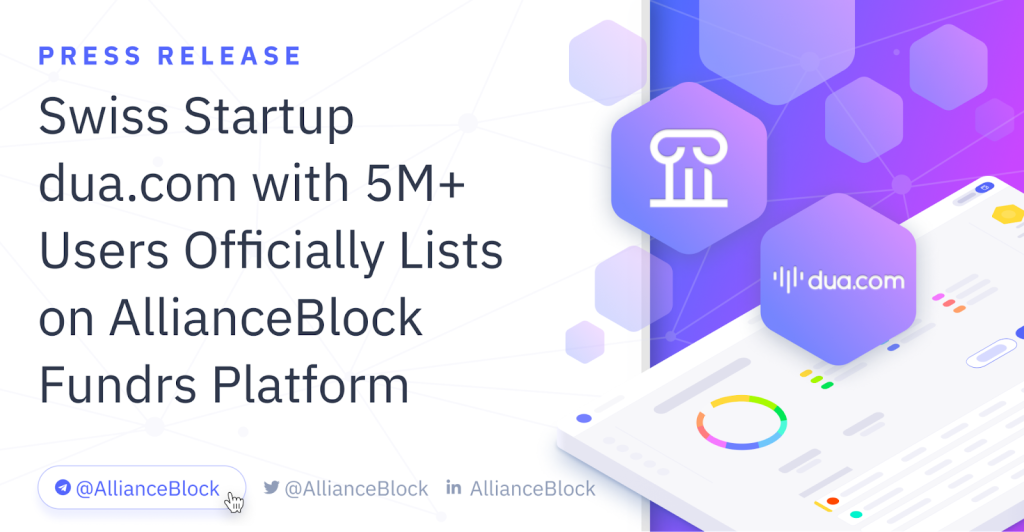
By utilizing dua_ID, a technology that collects the digital footprints of users in the form of reputation, these populations will have accessibility to self-sovereign IDs. This combines all of a user’s online activities into a single, unchangeable identity on the internet, which companies can then use to verify the identities of users who have particular reputations, making it possible for those companies’ online communities and platforms to provide a secure setting for users to interact in.
Rachid Ajaja, founder and CEO of AllianceBlock, said, “Fundrs is a revolutionary step in our vision towards a truly decentralized participatory economy. It is a culmination of our original vision in 2018 to provide unbiased access to a peer-to-peer funding platform based on reputation and merit. With Dua as our first listing, we will be able to target globally fragmented communities which are fully in line with our mission to bring access to the best companies in a fair, transparent, and inclusive participatory economy.”
A Seamless Gateway From Traditional to Decentralized Finance
As we move toward a decentralized economy, platforms such as Fundrs are serving as a springboard for new businesses by making it possible for them to gain access to the kind of guidance and funding that have previously only been available to a privileged few. It has been possible for AllianceBlock to support a smooth transition from traditional finance to decentralized finance as a result of the company’s creation of an end-to-end development infrastructure for blockchain developers.
This results in the creation of a new start-up-as-a-service model, which makes it possible for capital providers to become an extremely significant part of the lifecycle of any project. It also provides capital providers with the chance to participate in the funding, advising, marketing, and operation of any business. Dua is the first project to use Fundrs to realize that aim, and with its formal listing on the platform, it joins a long list of creative endeavors that aspire to be a part of a participatory economy that values reputation and merit.

By addressing problems in both domains and bringing them closer together, AllianceBlock is working to create smooth gateways between TradFi and DeFi. In the view of AllianceBlock, the future of finance will consist of an interconnected solution in which the best of both sectors will be able to collaborate to improve capital flows and technical innovation.
They are developing this future by linking traditional banking with compliant, data-driven access to emerging decentralized markets, DeFi projects, and ecosystem-scaling technologies such as financing and compatibility. As a result of this, they are developing a financial infrastructure of the next generation with the goal of providing regulated financial companies all over the world with the tools they require to enter the DeFi realm in a seamless manner.

